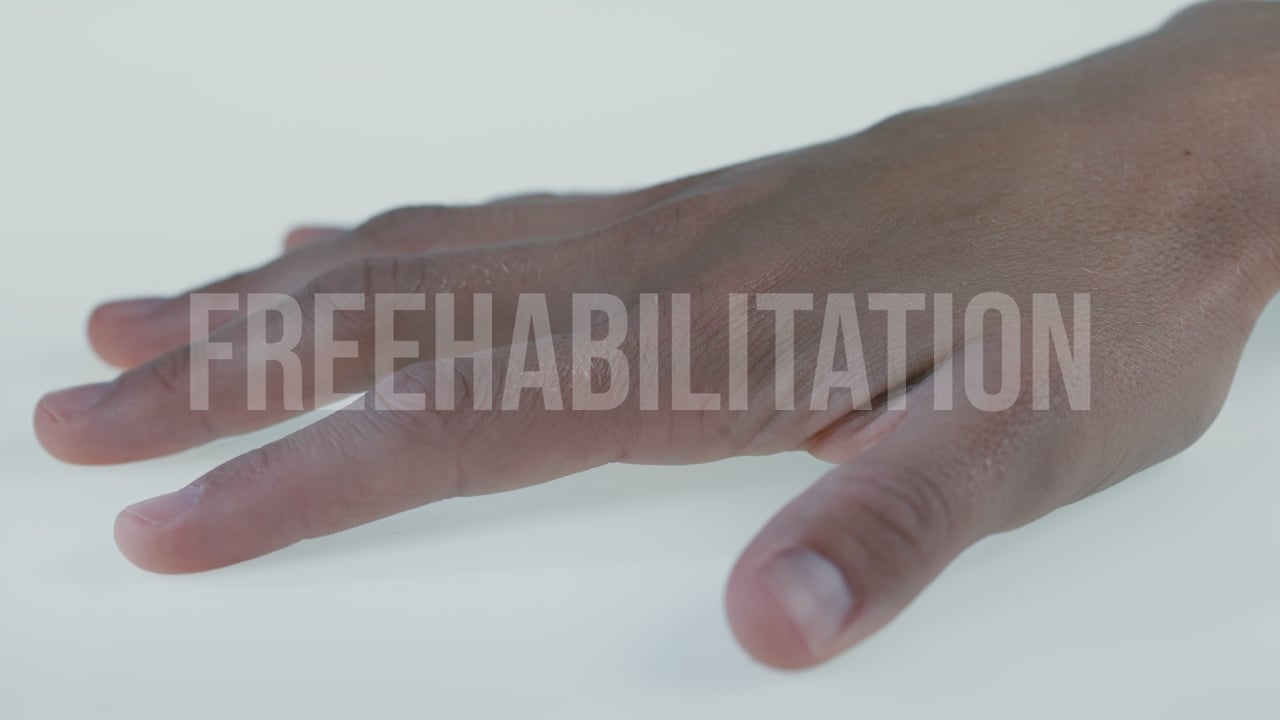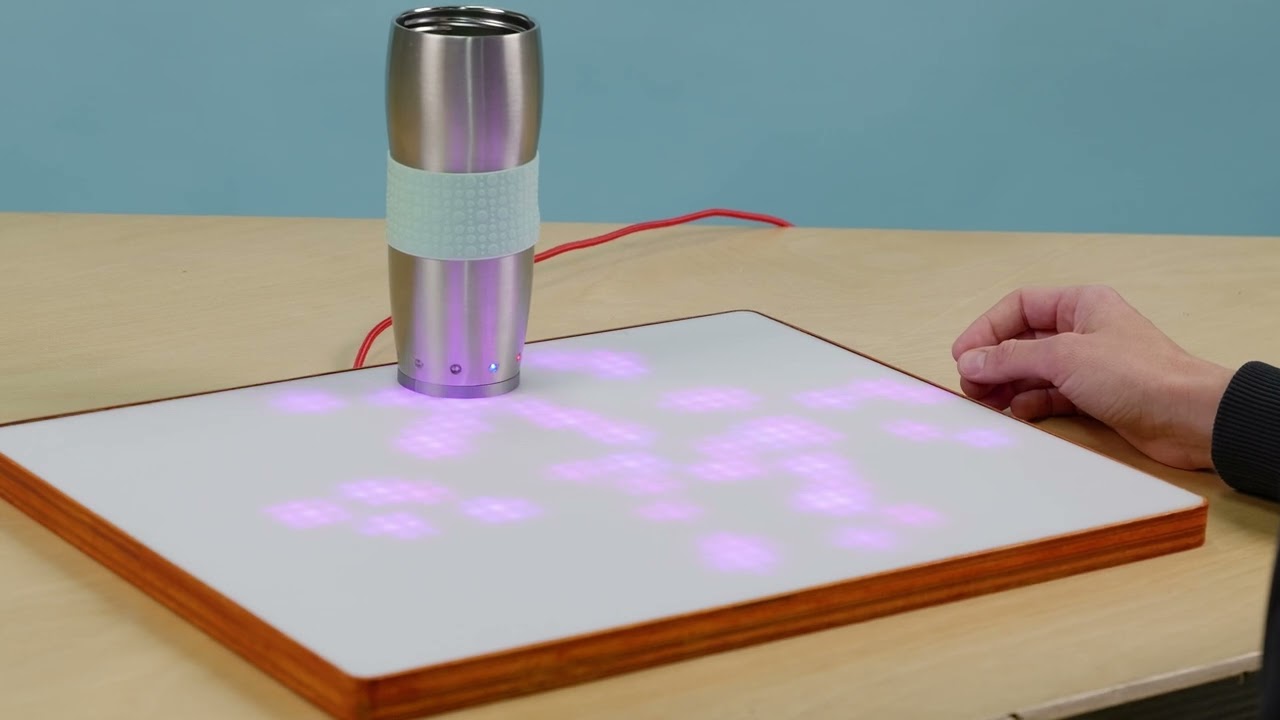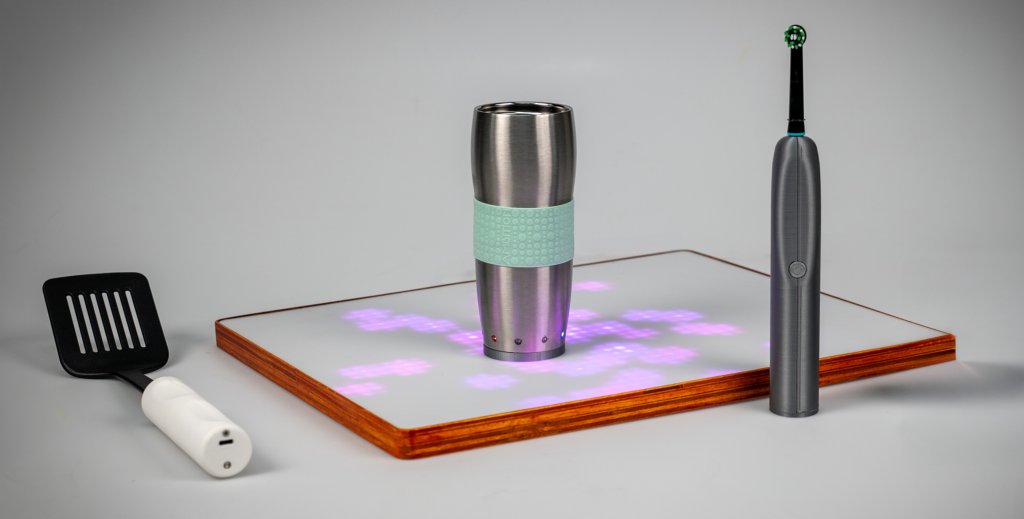Hand function is vital for everyday activities like eating or writing. Yet, many people, especially those with impairments from conditions like stroke, face challenges when performing these tasks. Medical professionals often prescribe therapeutic exercises for patients to practice at home. However, sustaining motivation for these exercises is a significant struggle; most patients commit only 15 minutes daily to these exercises, despite a general recommendation of 30 minutes. This commonly leads to patients either not following the therapy effectively or not at all. Consequently, hand function deterioration becomes inevitable, further lowering their motivation and engagement with the exercises. This overshadows the effectiveness of current approaches, all of which assume and expect perfect motivation by the patient.
Do you always follow your physical therapist’s advice—or not?
Direction & Editing : Marica De Michele
Director of Photography : Jurica Marković
Music : Ivna Jurković
Production Assistant : Clara Gustafsson
To tackle this common problem, we took a different approach than traditional rehabilitation approaches that require motivation and time. In our project, we take and transform daily objects used during activities of daily living (ADLs) into smart rehabilitation tools that facilitate seamless hand rehabilitation at home; we call these tools the “Freehabilitation Toolkit”.
By incorporating rehabilitation exercises such as training grasping movements and force into common ADLs (i.e. brushing teeth, drinking from a cup, etc), patients engage with hand therapy without allocating time whilst training their hands. With this approach, task-specific exercises seamlessly become part of regular daily routines and training time naturally increases throughout the day. The tools in the toolkit monitor patients’ progression with their exercises, providing insights to both the patient and clinician.
With Freehabilitation, we move away from passive reliance on systems that often fail the most vulnerable, towards proactive, embodied design interventions that empower. Our design is not just hopeful—it’s pragmatic, tested with patients and clinicians, and built to restore autonomy. Each tool supports stroke survivors in regaining hand functions during daily routines, making rehabilitation less of a burden and more of a habit.
Amid crises in healthcare systems and aging populations, this project is a tangible demonstration of how design can address systemic issues through everyday action. Instead of waiting for structural reform, we build tools for agency now. Our project stands as a call to act—not later, but through every small movement, every cup lifted, every hand trained.



